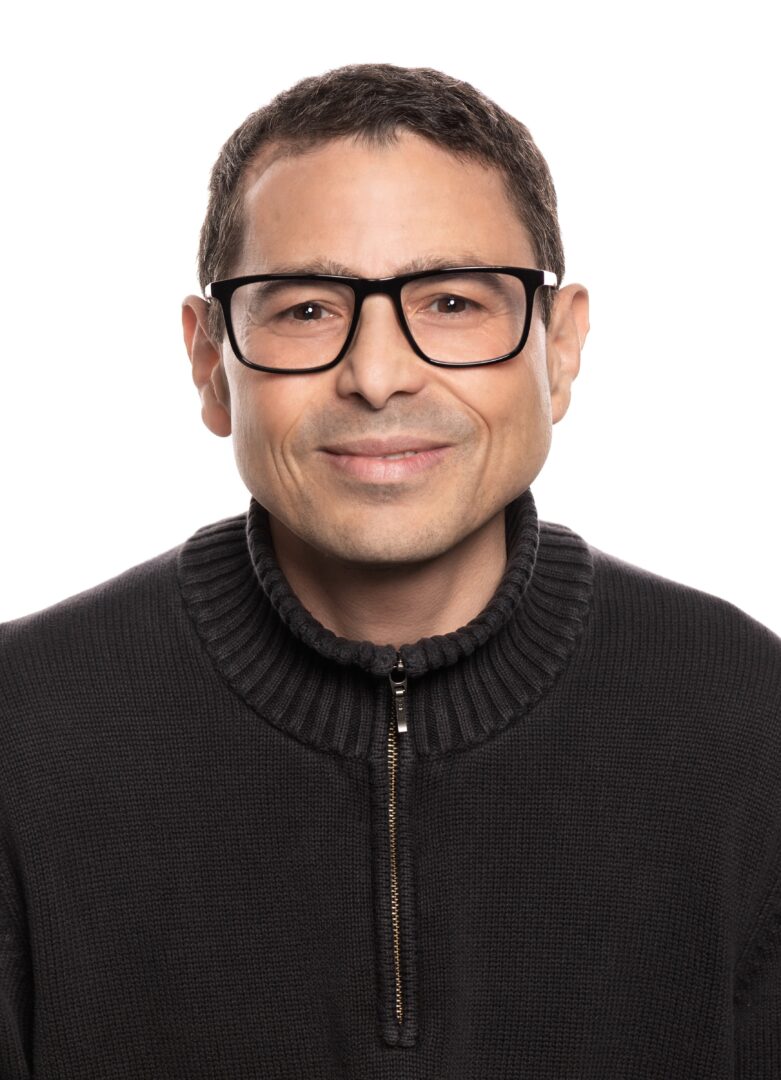We recently had the chance to connect with Francis DiClemente and have shared our conversation below.
Francis , really appreciate you sharing your stories and insights with us. The world would have so much more understanding and empathy if we all were a bit more open about our stories and how they have helped shaped our journey and worldview. Let’s jump in with a fun one: What do the first 90 minutes of your day look like?
On weekdays, I wake up at 3:20 a.m. so I can write before I catch the bus for work. In the first 90 minutes, I stretch briefly on the living room carpet, usually to the sound of my “cracking” bones. I then drink hot water with apple cider vinegar, lemon juice, and baking soda. I have rheumatoid arthritis, and I read the concoction may help with inflammation. Of course, that’s unproven, but it’s become a habit. I will then work on whatever work-in-progress writing projects I have going on at the time, while trying to avoid going online to find out if the New York Yankees or Rangers won the night before. I will then brew coffee (old style Mr. Coffee maker), take my prescription drugs and finish writing at about 5:30. At the end of every writing session, I back up my work on OneDrive and Google Drive (yes, I’m paranoid) and then look up the Word of the Day on four sites: TheFreeDictionary.com, Dictionary.com, Merriam-Webster.com, and WordGenius.com. After that, I exercise for a bit, shower, try to wake up my son for school, stuff my lunch in my book bag, and rush out the door to catch the 7:15 bus headed to downtown Syracuse.
Can you briefly introduce yourself and share what makes you or your brand unique?
Hello. My name is Francis DiClemente. I am an Emmy Award-winning filmmaker with a disability who lives in Syracuse, New York. I work full-time as a senior producer in the Division of Marketing at Syracuse University. In my spare time, I write and produce independent films. I write across genres—poetry, nonfiction, fiction, plays, and screenplays. However, I think I am a natural poet because it seems most of my writing arranges itself in the form of free verse.
My latest book is an experimental and minimalistic collection entitled “Poecabulary.” It features word pairings for each letter of the alphabet, aimed at encouraging readers to make interpretations and connections. Some of my favorite word combinations are Autistic/Artistic, Diffident/Different, and Lonely/Lovely.
Discipline and consistency are fundamental to my artistic practice. I work full-time while also raising my nine-year-old autistic son, Colin, with my wife Pam. The commitments of my career and family life require me to stay focused when working on creative projects.
Okay, so here’s a deep one: What relationship most shaped how you see yourself?
My parents were my biggest influences. Although their marriage ended when I was in my early teens, the values they instilled in me endured. They taught me about the importance of faith, working hard, being responsible, and having compassion for other people.
What have been the defining wounds of your life—and how have you healed them?
I have literal wounds that have defined me. Since the age of fifteen, I’ve had four brain surgeries and two Gamma Knife radiosurgery treatments for a recurring craniopharyngioma, a benign tumor at the base of the brain, engulfing my pituitary gland. During the initial surgery in 1984, surgeons performed a craniotomy, giving me a scar that runs ear to ear; the operation also left me with lifelong hypopituitarism.
I don’t believe we ever fully recover from the wounds of our lives—whether from physical or emotional pain. But as I’ve gotten older (I’m now 56), I’ve tried to accept things beyond my control, including failure and past damage to the self. I have a mantra I repeat almost every day: Embrace the futility. Resigning myself to the fact that things are screwed up and I can’t fix them frees me to carry on—instead of banging my head against the cinder block wall of life and trying to create an opening.
Next, maybe we can discuss some of your foundational philosophies and views? What do you believe is true but cannot prove?
I’m a Christian, so I believe, but cannot prove, that Christ died on the cross for my sins and rose again. For me, this is the faith that guides my life.
Before we go, we’d love to hear your thoughts on some longer-run, legacy type questions. What will you regret not doing?
That’s an easy one. I think about this practically every day. I regret not going to Los Angeles right after I graduated from St. John Fisher College (now named St. John Fisher University) in 1991. I wanted to save money and go to Hollywood. My goal was to break into the film industry by starting out as a production assistant or an entry-level office employee and working my way up the ladder. Instead, I went to graduate film school at American University in Washington, DC, and then embarked on a career in journalism. I sometimes imagine that a splinter version of myself is working as a producer or director in Southern California, shooting scenes on a sound stage or holed up in an editing suite, finishing my latest film.
Here’s a poem inspired by that regret:
The Point of Regret
What’s the point of regret?
How does it serve me
to hit rewind in my mind
and replay my missteps?
I must accept my current state—
never looking back,
forcing myself to move forward,
trying to avert future regrets.
Contact Info:
- Website: https://francisdiclemente.com/
- Instagram: https://www.instagram.com/francisdiclemente/
- Linkedin: https://www.linkedin.com/in/francisdiclemente/
- Twitter: https://x.com/FranDiClem
- Facebook: https://www.facebook.com/francis.diclemente
- Youtube: https://www.youtube.com/channel/UCl9cWFo5PKzHRmku9P9QXlg
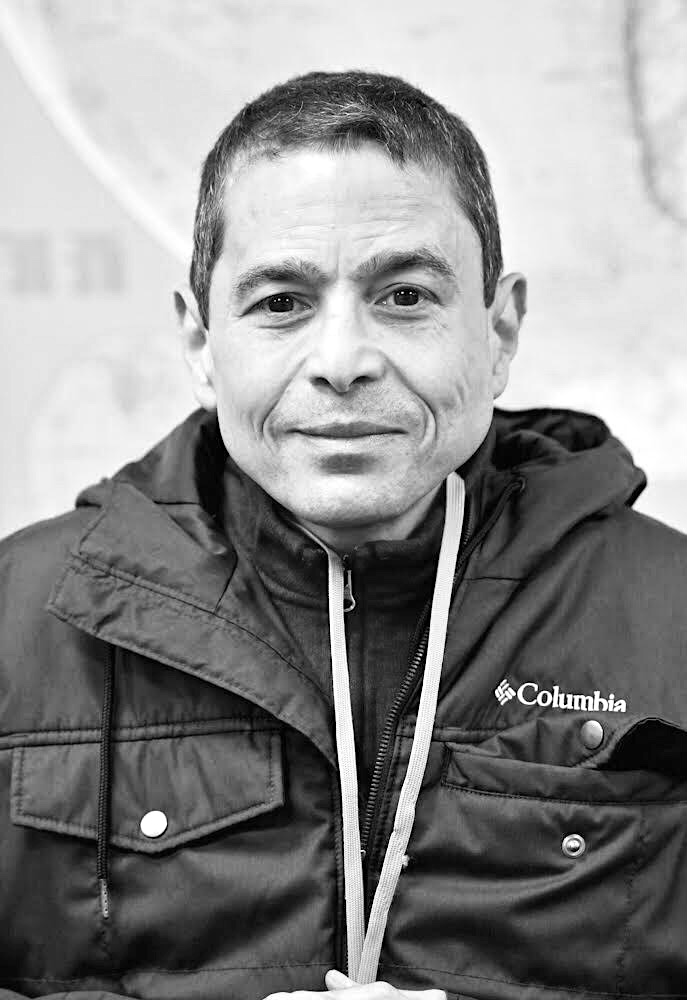
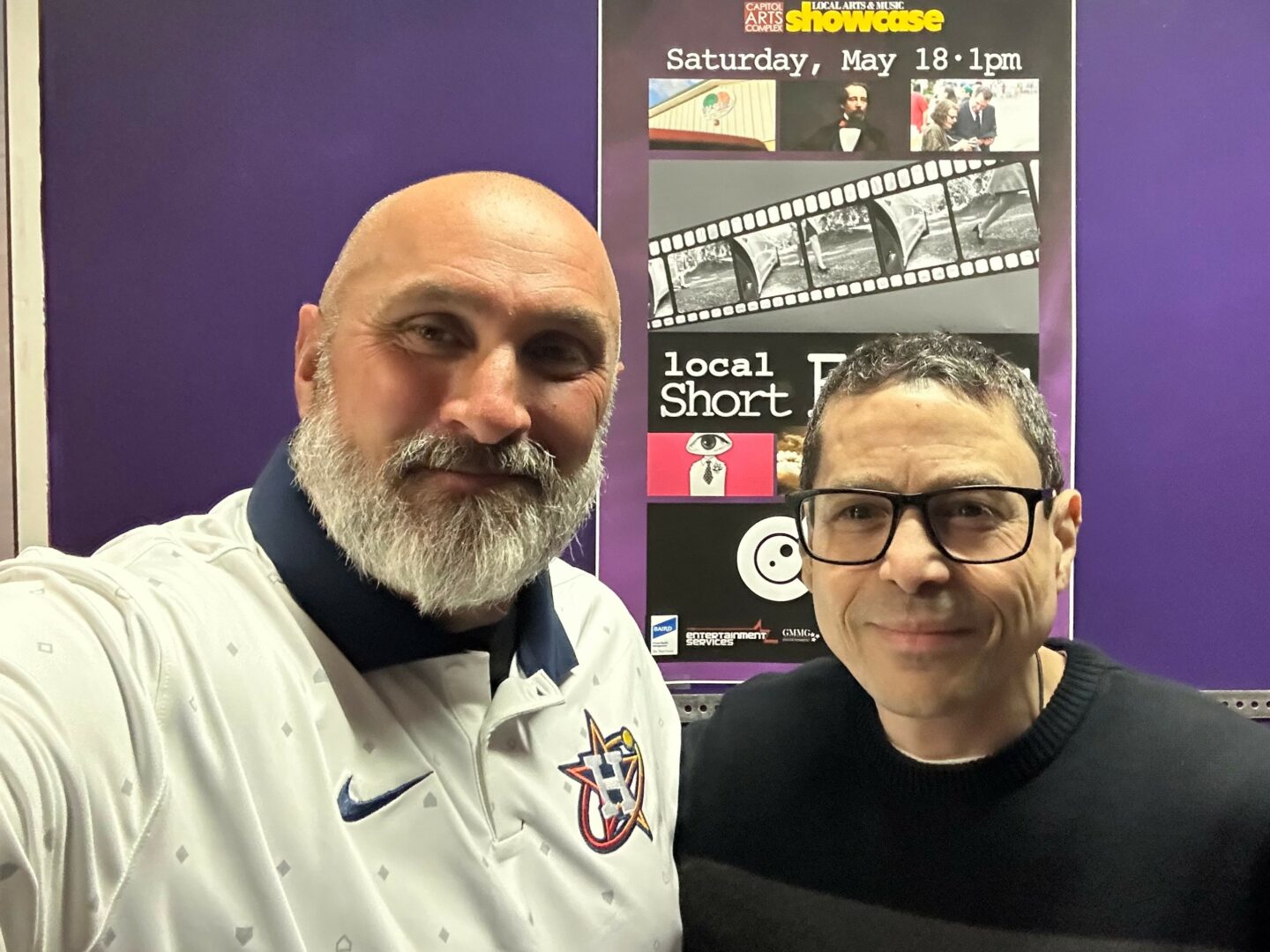
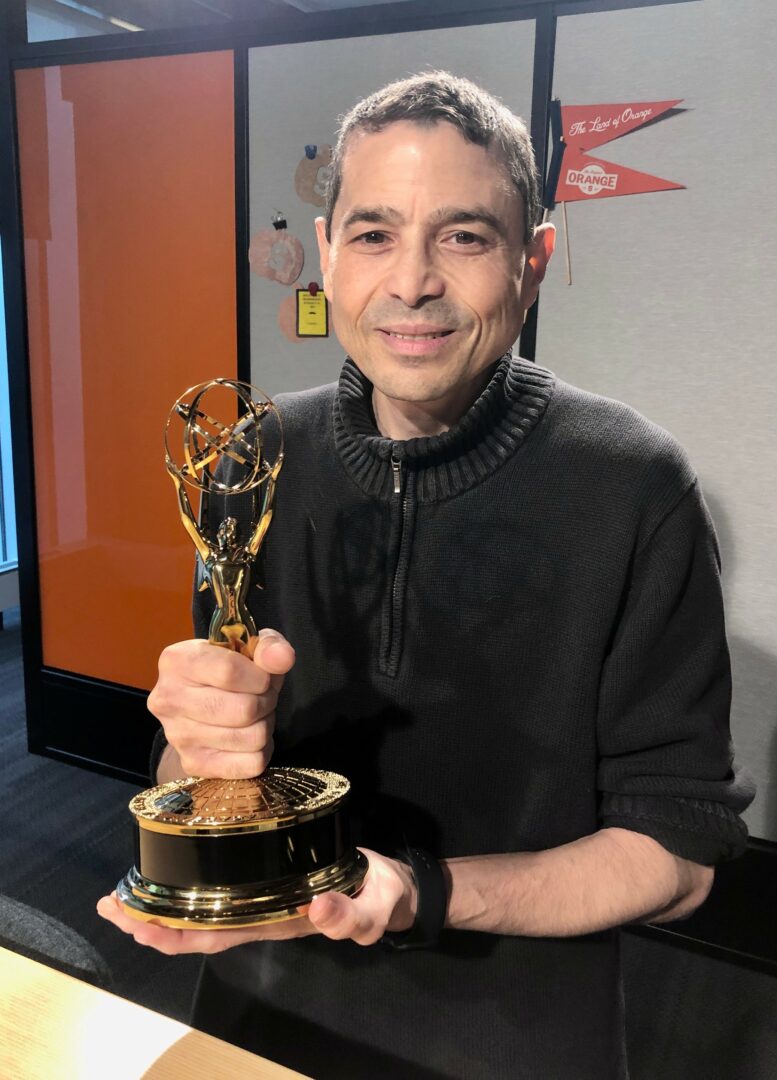
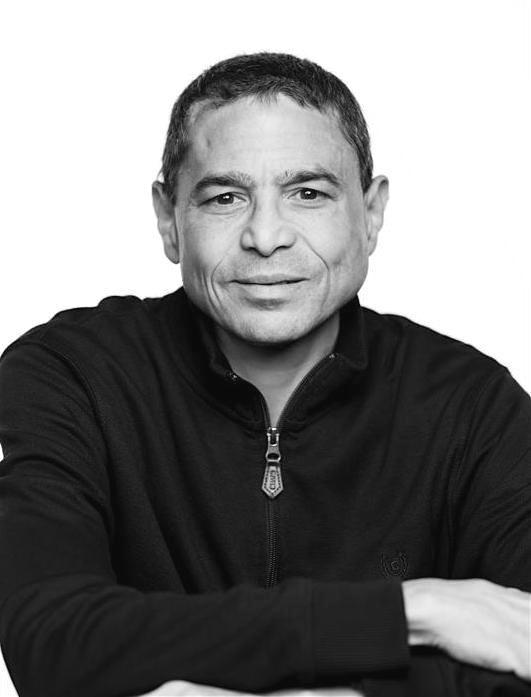
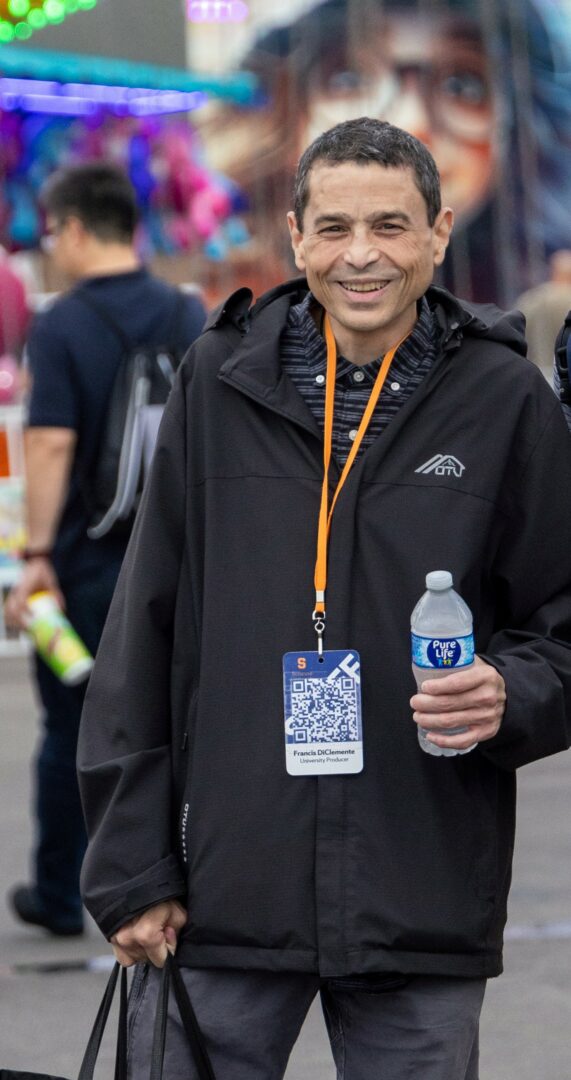
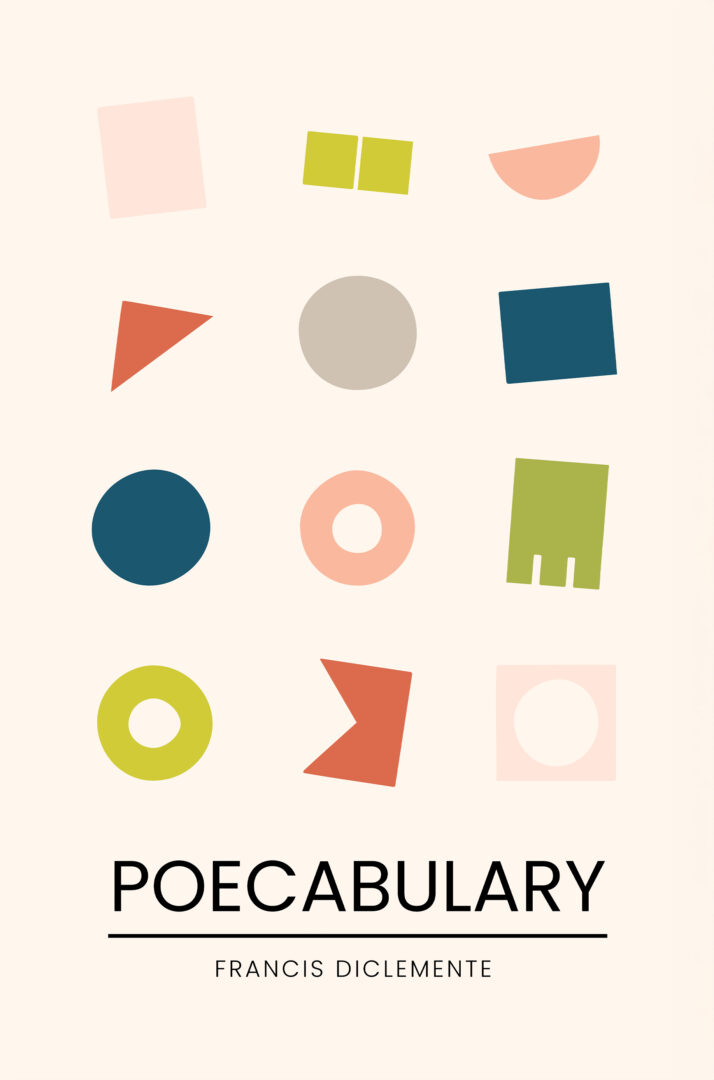
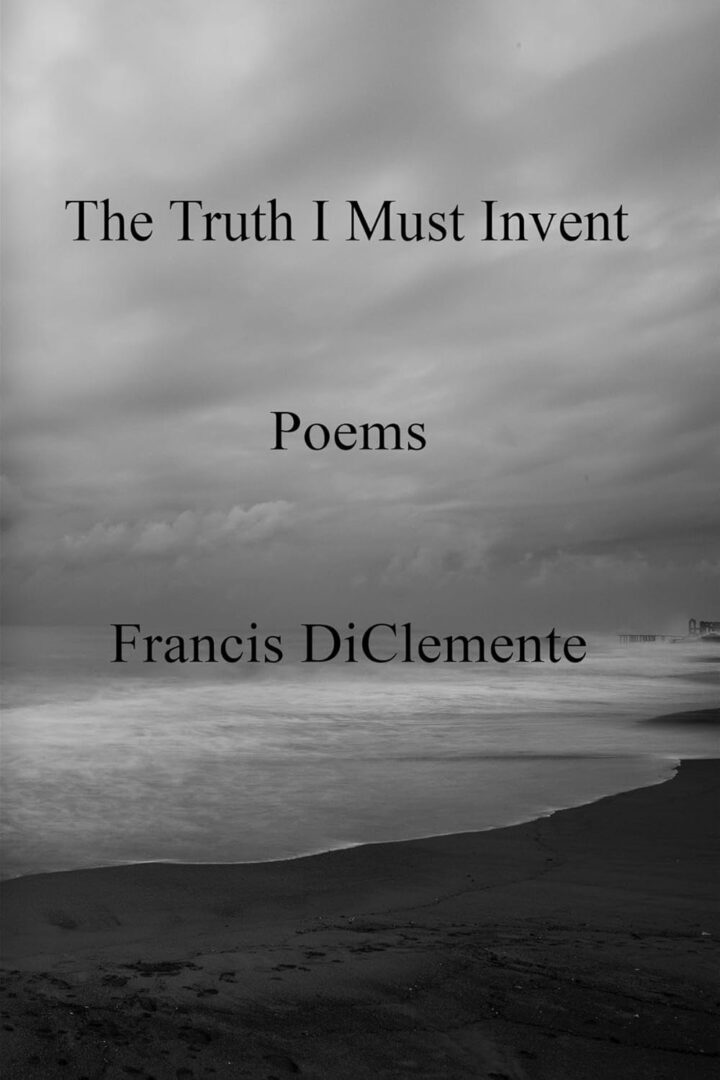
Image Credits
Jeremy Brinn
Joshua Waldby
Shane Johnson
so if you or someone you know deserves recognition please let us know here.

